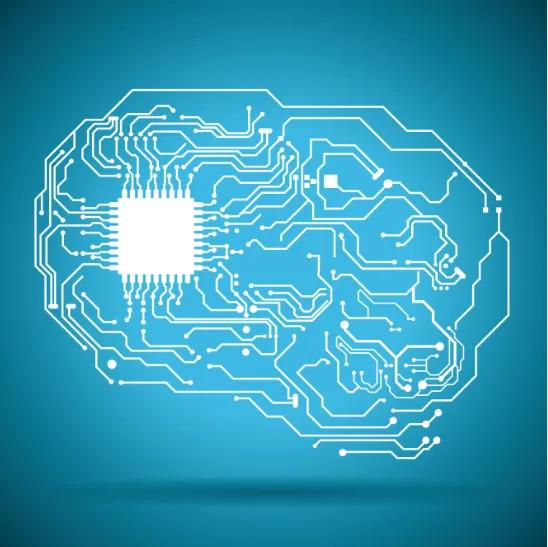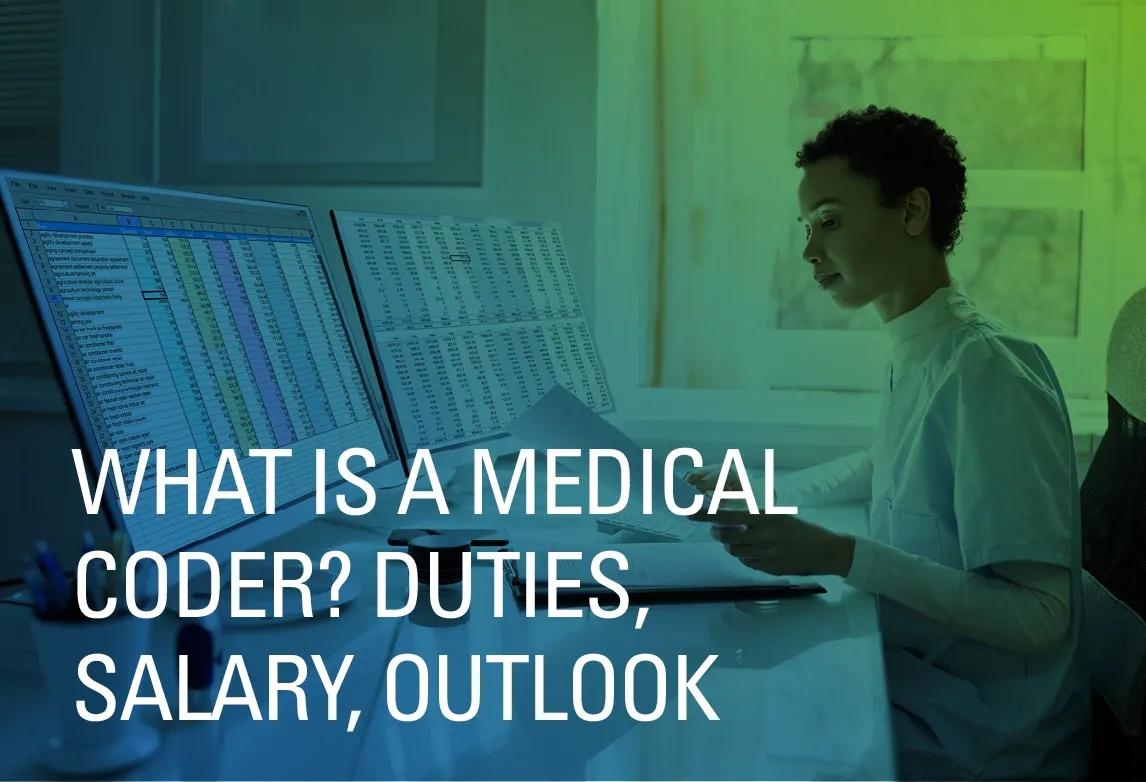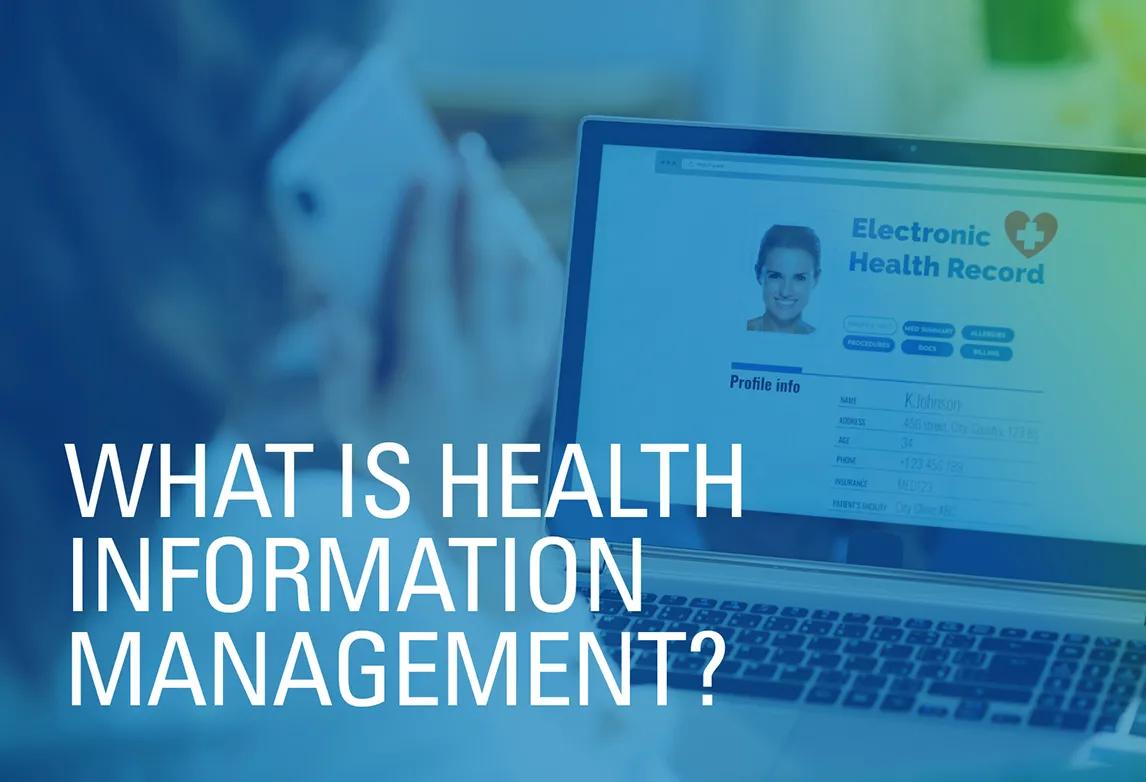Why is Medical Billing and Coding Important to Healthcare?

Think about the paperwork involved with just one doctor’s office visit or medical procedure. You may not realize it, but there is even more beyond what you see. Whenever you or someone you know visits a clinic, needs emergency medical care, or has a planned surgery, it creates paperwork and documentation that must be meticulously processed and tracked. The information that must be properly documented includes the type of procedure conducted and the amount and type of supplies that were used. These are the details your insurance provider and healthcare facilities need to determine payment for the medical procedure.
What is Medical Billing and Coding?
Medical billing and coding are the processes through which those in the healthcare field keep track of the data and paperwork involved with medical procedures and keep information flowing efficiently between medical service providers and insurance companies. Coders transform healthcare procedures, services, and equipment into universal medical alphanumeric codes, while billers send bills for payment to insurance companies or other payers.
What’s the Importance of Medical Coding to Healthcare?
According to the BLS, as our population continues to age and the healthcare industry grows to meet rising needs, so will the projected demand for medical billing and insurance processing specialists.1
Even though every medical procedure is different in its complexity and scope, any medical service provided is going to create paperwork and information that must be processed properly. It doesn’t matter if it’s a small procedure at a local clinic or a complicated surgery in a large hospital; someone must keep data, details, and important documentation flowing between the facility and insurance providers. That is the role of a medical billing and coding professional.
How to Get Started as a Medical Biller and Coder
If you’re looking for a career path that is growing, The Bureau of Labor Statistics predicts that medical billing and coding will be in demand in the years ahead.1 Those who pursue a medical billing and coding education may start careers in outpatient clinics, doctors’ offices, dental practices, or anywhere else patient and procedure information is documented and processed.
Because medical coding and billing skills are often transferable (coding systems are standardized for ease of communication between organizations), expertise in the field may open job opportunities throughout the United States.
A diploma program in medical billing and coding can be completed in as quickly as less than one year and an associate degree in as quickly as 18 months.2 Programs are available online. For more information about embarking on this career path at Ultimate Medical Academy, head to our Medical Billing and Coding program page.
1 Bureau of Labor Statistics. Occupational Outlook handbook. Secretaries and Administrative Assistants. https://www.bls.gov/ooh/office-and-administrative-support/secretaries-and-administrative-assistants.htm#tab-6
2 Completion times vary according to the individual student.
Request Information
Talk with us. Start your journey.
Complete this form and we'll call you to explore options at UMA and answer your questions. We'll also email you info on how to get started. We're with you at every step!
Request Information
Talk with us. Start your journey.
Complete this form and we'll call you to explore options at UMA and answer your questions. We'll also email you info on how to get started. We're with you at every step!
About the Author
 Adam Fenster
Adam FensterAdam Fenster is a senior copywriter at Ultimate Medical Academy, with journalism experience from his time as a reporter and editor for multiple online and print publications. Adam has been covering healthcare education since 2019, with an emphasis on topics such as wellness, healthcare employment, and job preparedness. He received his BA in journalism from the University of South Florida.
Related Content


